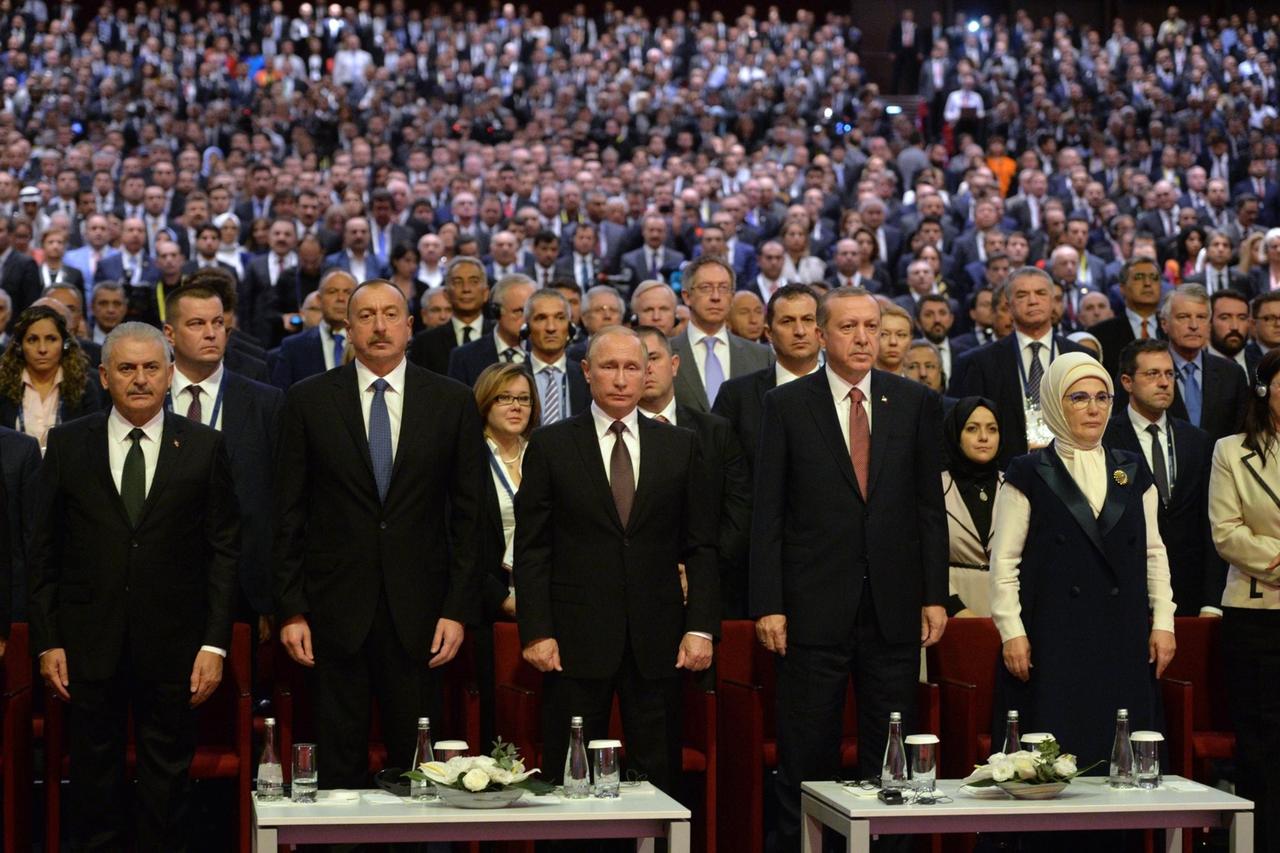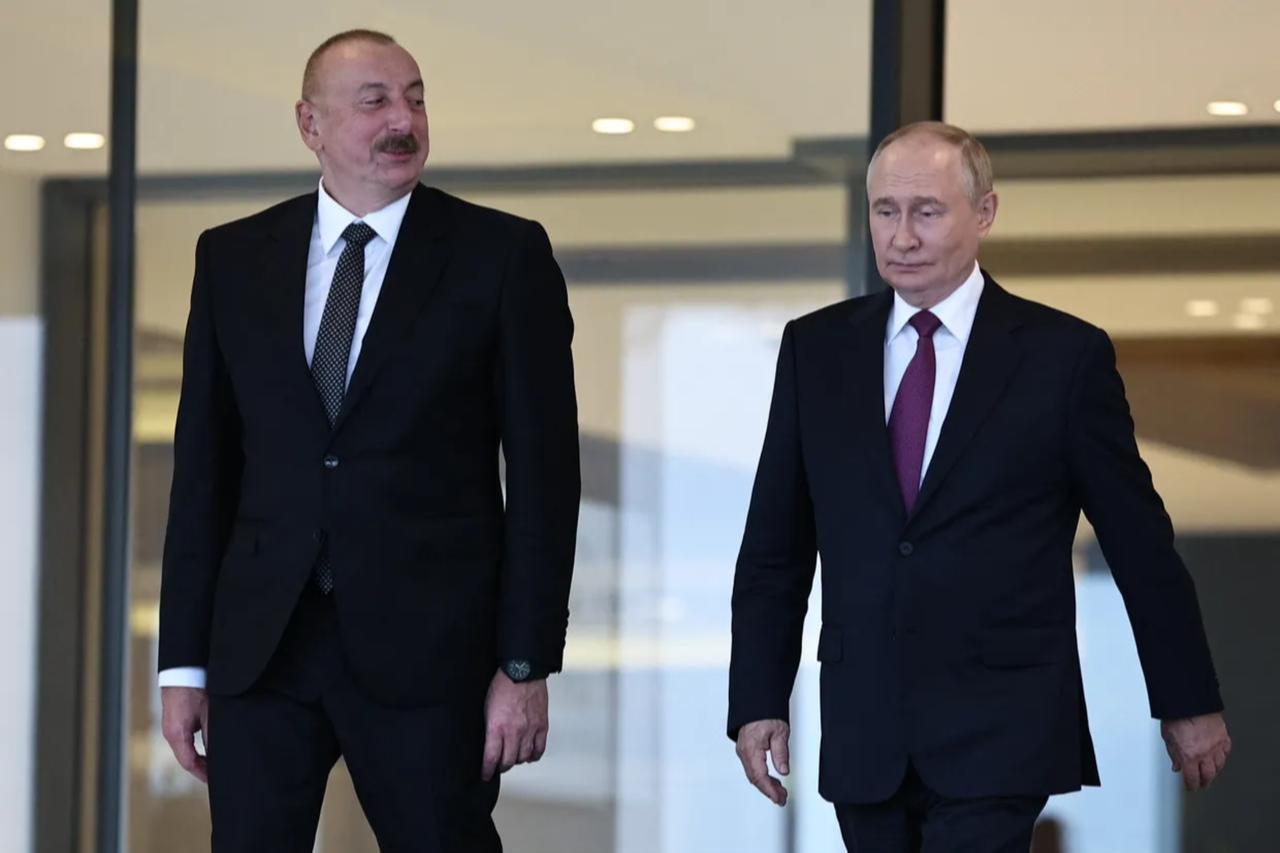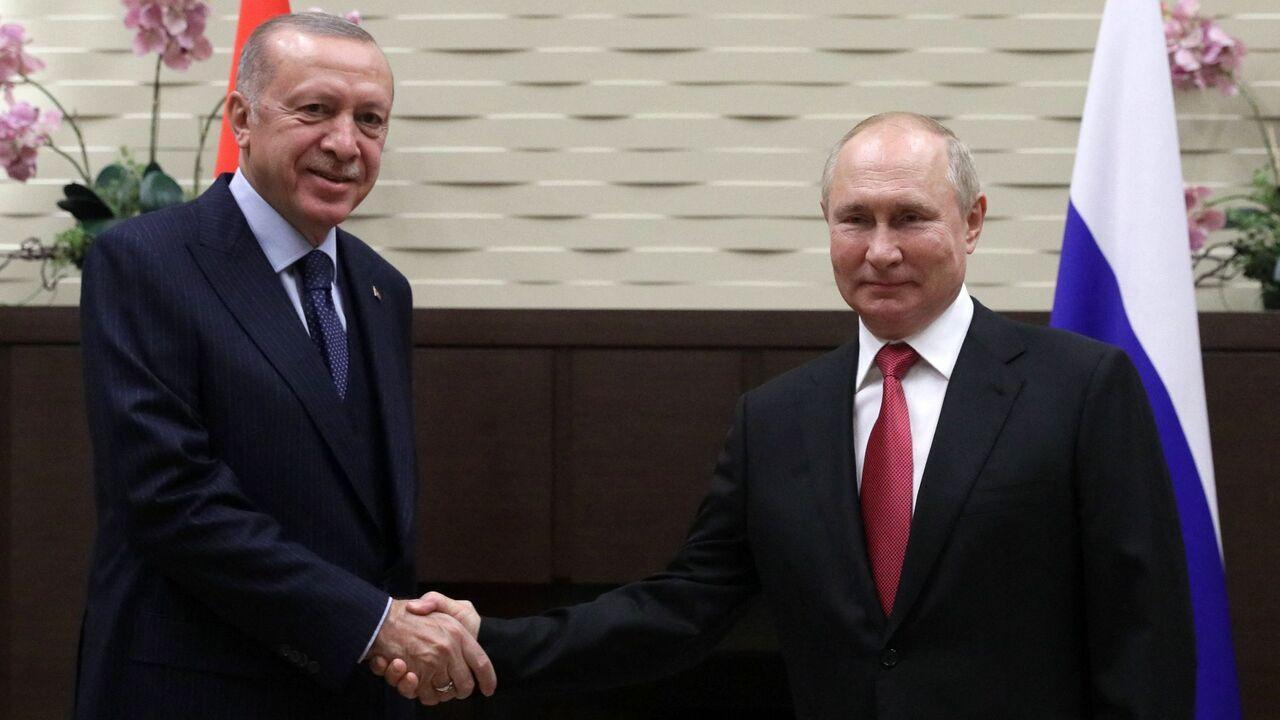
Confidential documents obtained by Türkiye daily suggest that Moscow’s costly efforts to expand its influence in the South Caucasus have faltered, particularly in Azerbaijan, where Türkiye has consolidated its role as Baku’s main partner.
The files detail millions of dollars spent on intelligence, media, and soft power projects that failed to deliver results.
The leaks identify GRU officer Valery Chernyshov as responsible for Russia’s operations in Azerbaijan. He was tasked with reporting on political figures, military personnel and civil society actors, yet his assessments acknowledged that Moscow had little leverage against Türkiye’s deepening presence.
One report noted bluntly: “In Azerbaijan, there are almost no organizations to support Russia’s interests against Türkiye’s influence.”
Moscow’s strategy relied heavily on building soft power networks through NGOs, student and youth groups, cultural projects, and Russian-language media.
But according to the documents, former Russian officials conceded that despite significant financial commitments, running into the hundreds of millions, these initiatives remained superficial.
They described the campaigns as “balalaika diplomacy,” a term referring to Russia's often superficial and inefficient efforts to build "soft power" and influence other countries, particularly through cultural events and the use of large budgets that yield little genuine goodwill or tangible results.
The leaks also shed light on how Russia monitored media figures across the region. A list of 136 journalists and editors classified individuals based on their potential utility to the Kremlin, with notes such as “workable,” “ours,” “works for money,” and “can cause trouble.”
Among them was Anna Shnaider, the ex-wife of prominent independent journalist Aleksey Pivovarov, marked as “workable” with a note about her divorce.

According to the rest of the reports as disclosed by the Insider, a former staff member of Russia’s now-defunct Directorate estimated that Moscow allocated at least $100 million to cultivate influence in Azerbaijan.
The funds were intended to build networks capable of diluting Turkey’s sway, amplifying Russia’s presence, and creating new levers of political and social pressure inside the country.
Yet, the initiative yielded no tangible results. Much of the money never reached its intended targets. Instead, Russian overseers and their Azerbaijani intermediaries in media and civil society reportedly diverted the funds through corruption schemes.
The source suggested that even the Kremlin leadership was misled, with inflated reports masking the disappearance of resources.
By early 2025, relations had soured further. The killing of the Azerbaijani Safarov brothers in Yekaterinburg sparked public outrage in Azerbaijan, prompting authorities in Baku to close down the local office of Sputnik, Russia’s state-run media outlet, and sharply curtail other Russian cultural activities.
The move marked a decisive shift away from Moscow’s influence operations in Azerbaijan and signaled the strengthening of the Ankara-Baku partnership.
Turkish officials quietly welcomed the decision, interpreting it as a sign that Azerbaijan had chosen to privilege its strategic alliance with Ankara over its historically complex ties with Moscow.
The leaked files also cover Armenia, where Moscow maintained closer ties but faced challenges of its own. GRU officer Dmitri Avanesov oversaw intelligence-gathering operations on Prime Minister Nikol Pashinyan.
A mole within the Armenian government, codenamed “Beard,” was identified as passing detailed information on Pashinyan’s activities directly to Moscow.
The documents note a generational divide in Armenia. Older politicians tended to align with pro-Russian rhetoric, while younger Armenians displayed indifference.
Kremlin strategists concluded that to preserve influence, it was necessary to fund “new faces” capable of appealing to younger demographics.
One report read: “Pro-Russian narratives are mostly supported by politicians of retirement age. The younger generation is indifferent. Financing influential new faces is essential to increase impact.”

Taken together, the disclosures depict a sharp decline in Russian influence across the South Caucasus, driven by policy failures, costly but ineffective campaigns, and diplomatic crises.
Türkiye’s growing weight in Azerbaijan, coupled with Armenia’s cautious distancing from Moscow under Pashinyan, has left the Kremlin scrambling to retain relevance.
Baku has continued to reject Moscow’s attempts at damage control, including compensation initiatives related to the AZAL crash.
For Russia, the erosion of influence since the war in Ukraine in this strategically sensitive region signals more than a diplomatic setback.
With Armenia-Azerbaijan peace efforts underway, the shift in balances reflects a new regional order where the U.S. got involved and Ankara has been able to enhance its influence with increasing effectiveness.